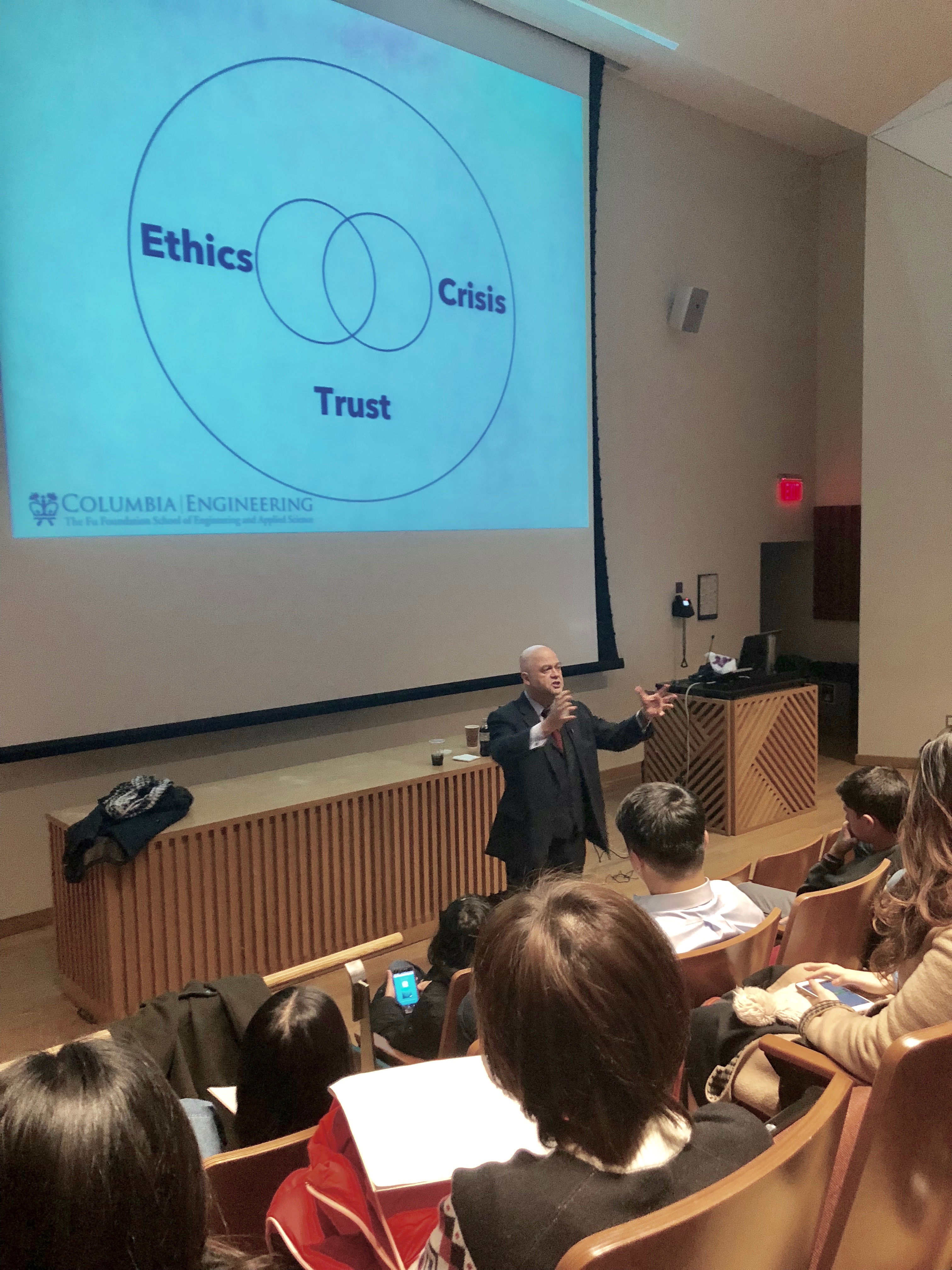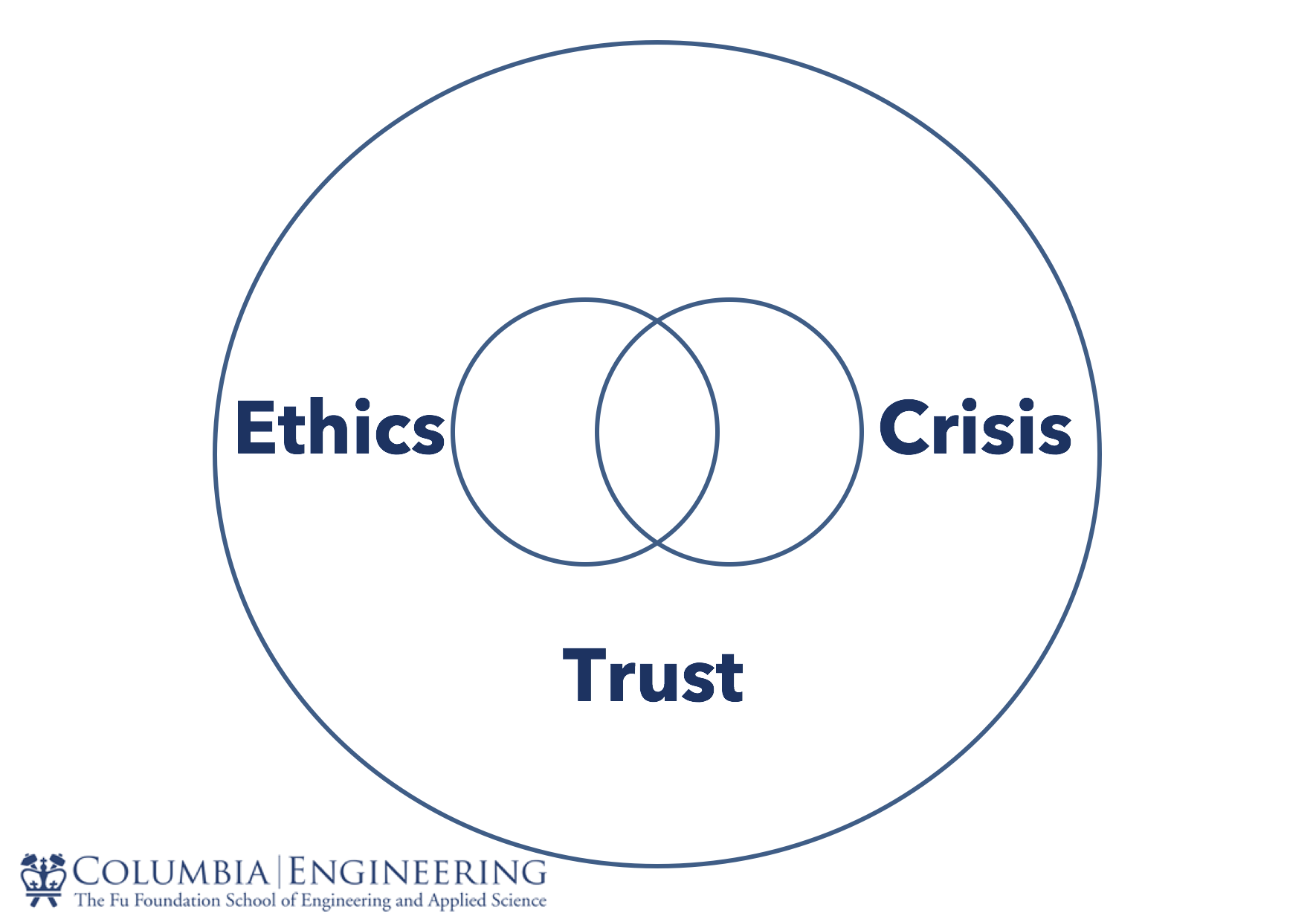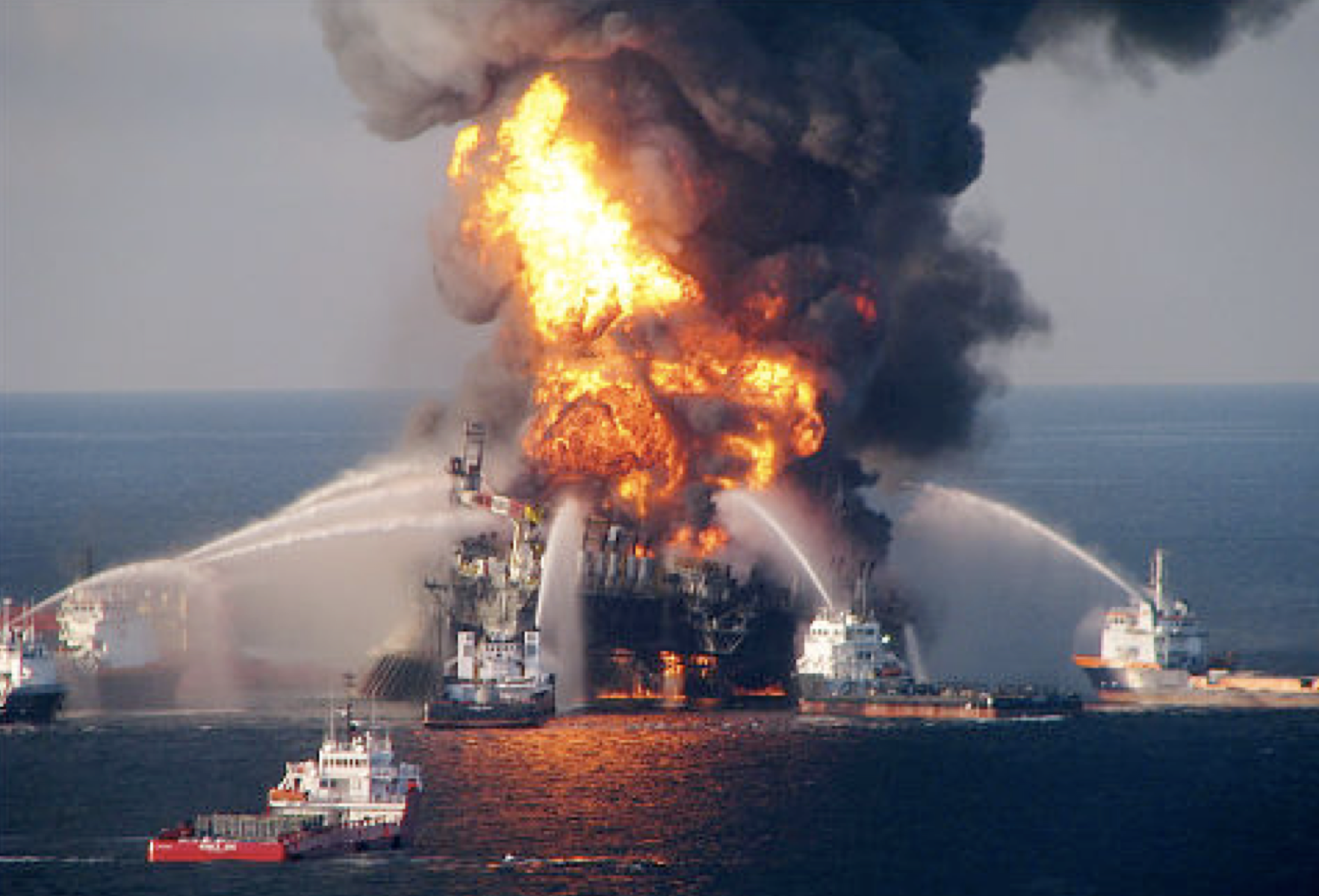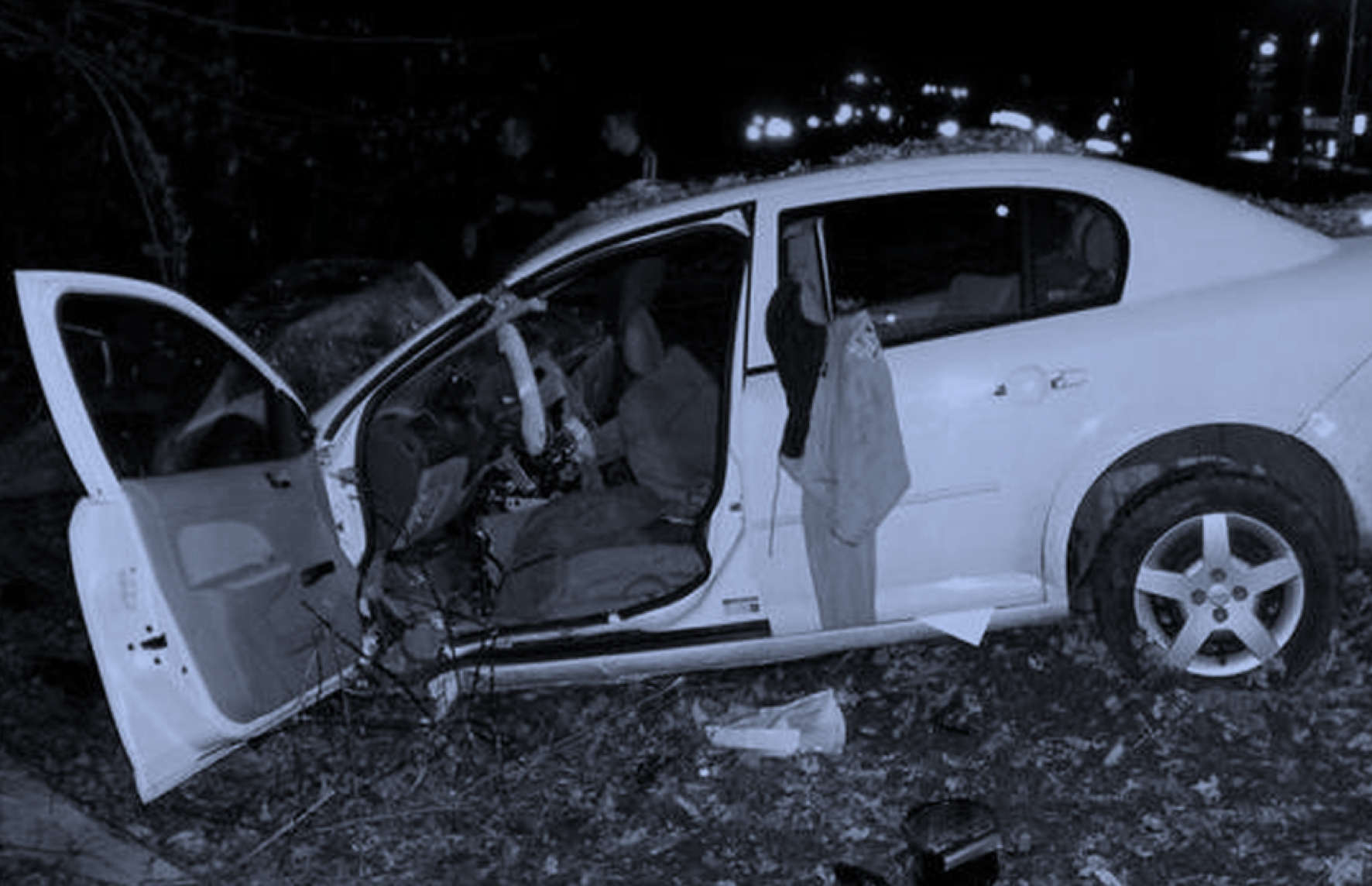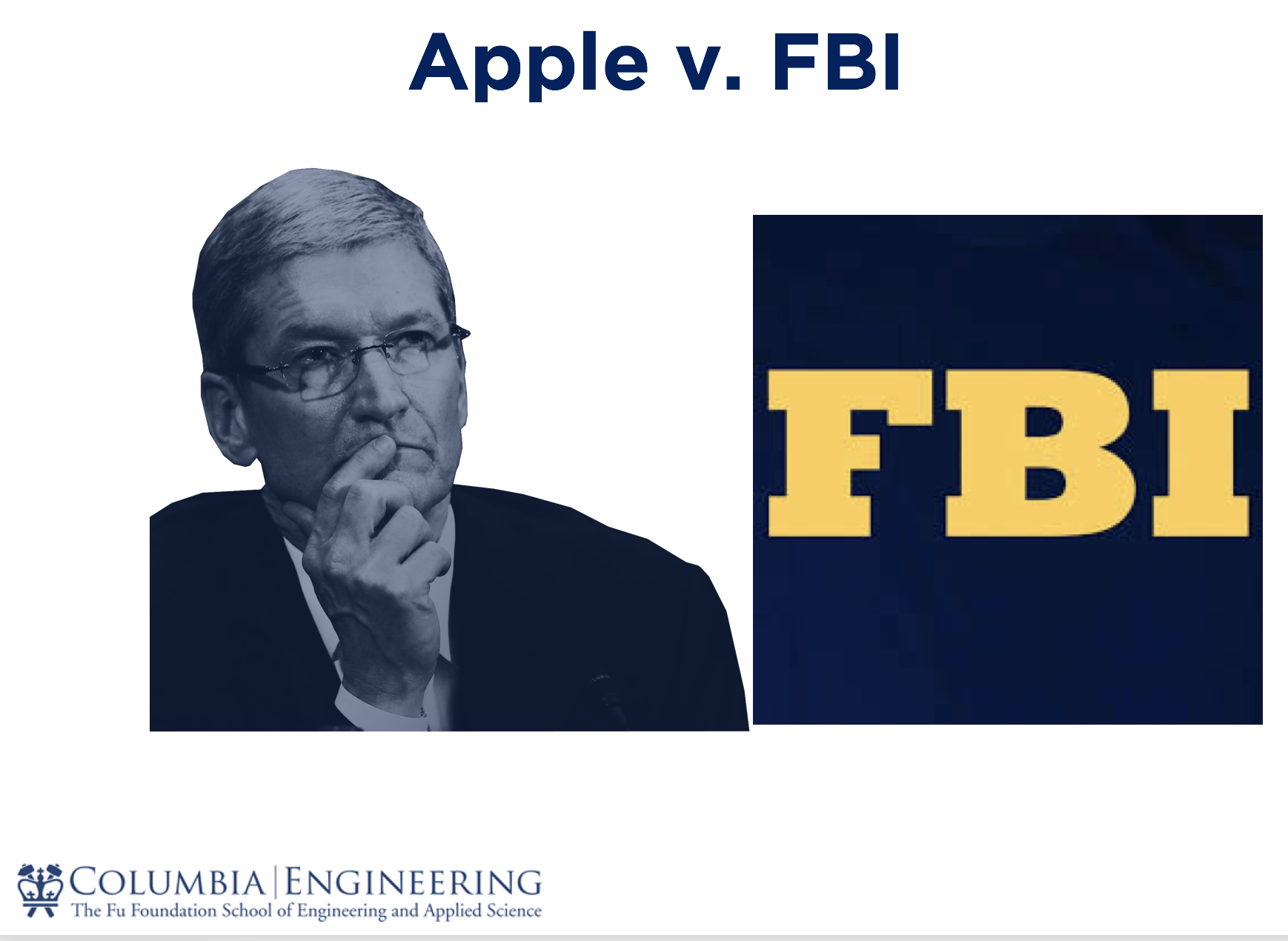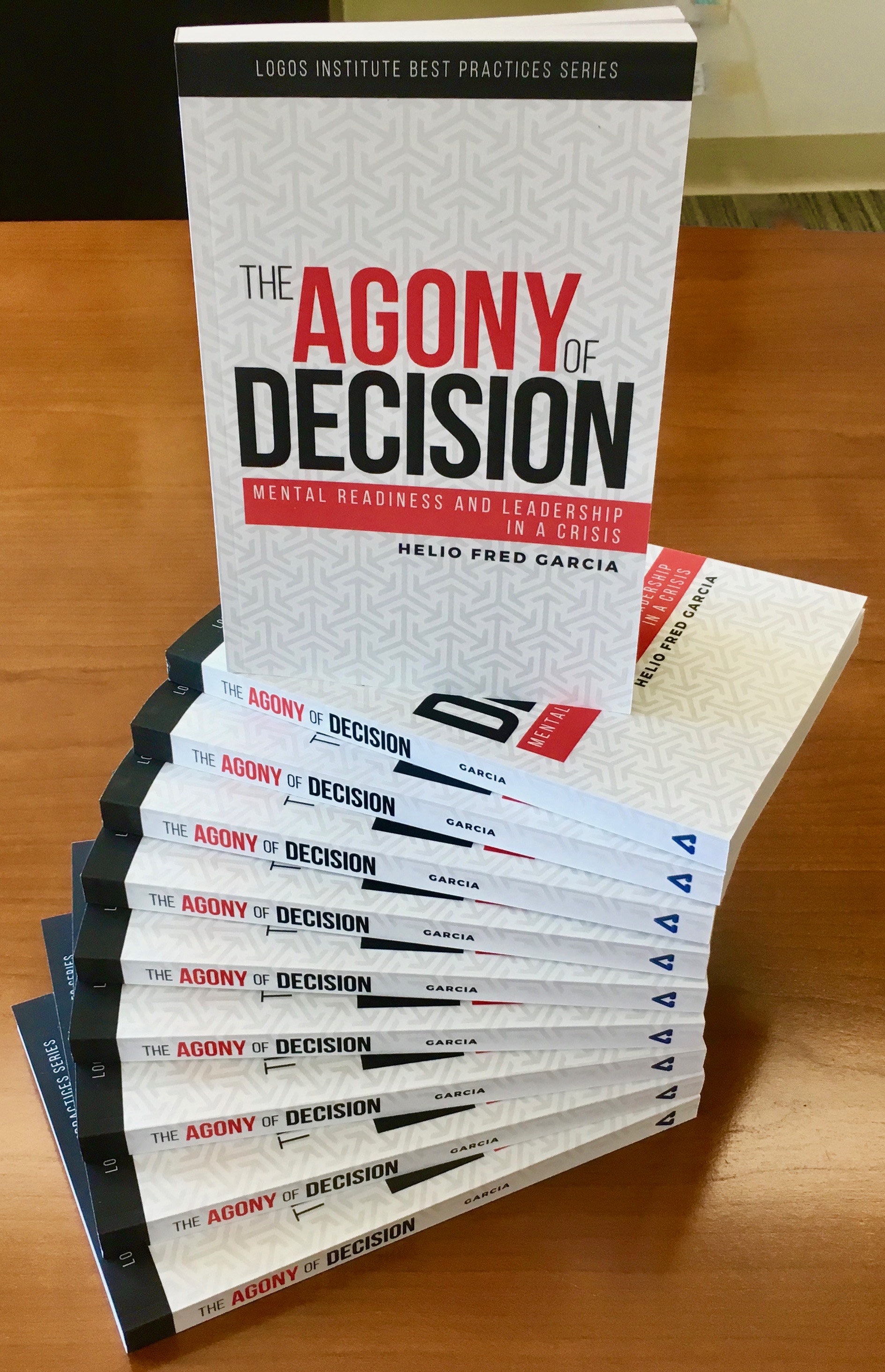2017 is a year defined by arrogance.
Arrogance in national affairs, as the president and his senior staff persistently refused to acknowledge any facts that failed to align with their world view, and attacked those who dissented as purveyors of “fake news.”
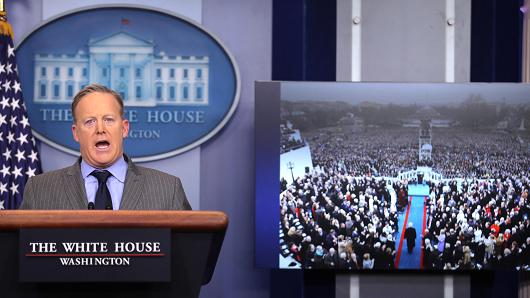
Arrogance in business, as we saw Pepsi mishandle an ad alluding to the Black Lives Matter movement, and then be surprised by the backlash before pulling the ad. And then it bungled its apology, in a remarkable display of victim confusion, by apologizing to the ad’s star, reality TV personality Kendall Jenner.

And arrogance as United Airlines’ CEO failed initially to express empathy for a passenger who had been assaulted and severely injured by Chicago Aviation Authority security officers removing him from a plane.
Whisper Networks No More
And we have begun to see the consequences of arrogance in professional relationships, particularly the sexual entitlement of powerful men toward others in subordinate positions. This was brought to the fore initially by a New York Times expose in October of movie mogul Harvey Weinstein’s decades of systematic sexual abuse. The sexual misconduct of dozens more prominent men in entertainment, politics, business and journalism was revealed in the weeks following. The year ended with news that a two-star U.S. Army general had his nomination for a third star withdrawn as a consequence of treating a female congressional staffer disrespectfully in October.
The year saw backlash to this pervasive arrogance of male leaders in the form of the #metoo movement, a hashtag used on social media by victims of sexual misconduct to empower each other to stand up to their abusers, and find solace in their shared experiences. Just about every woman I know has disclosed that at least once in her life she has been the victim of sexual abuse or harassment, at work or otherwise. Time magazine put some of the women who came forward, whom it dubbed “The Silence Breakers” on its cover as 2017 person of the year.

What these various crises and scandals have in common is a particularly pernicious form of arrogance: a sense of entitlement; an inability to see others as worthy of respect and dignity; a failure of empathy. But mostly they reveal a lack of humility.
The Need for Humility
Humility isn’t a word we often see in business. Humility all too often is interpreted as weakness, especially in competitive cultures like Wall Street, politics, or the top of big organizations.
But in 2018, the best leaders will exhibit humility; the best-handled crises will be those where humility prevails.
One of the common patterns in mishandled crises is the absence of humility. Such bungled crises reflect what my friend, America’s Crisis Guru® Jim Lukaszewski, calls “testosterosis,” which he labels as a “powerful and hugely costly affliction.” He defines the affliction this way:
“Testosterosis: Men and women both have it. It’s that state of extraordinary irritation and agitation when something goes awry which makes us want to lash out rather than fess up; to slap a few folks around to see what happens; an agitated state caused by adverse circumstances which we regret about the time it begins, but is most often one of the things leaders, lawyers and other top people wind up apologizing for.”
But a little humility can prevent testosterosis.
A dollop of humility tempers other attributes, and makes a leader even stronger. Humility helps a leader to recognize that maybe – just maybe – he or she might be wrong; that there may be other valid perspectives; that he or she doesn’t have to be the smartest person in every room, at every meeting; that he or she doesn’t need to prevail in every disagreement.
The best leaders take responsibility in a crisis by using what Good to Great author Jim Collins describes as the paradoxical combination of humility and fierce resolve. He admonishes that humility must not be mistaken as weakness. He notes that the most effective leaders are a study in duality:
“…modest and willful, shy and fearless. To grasp this concept, consider Abraham Lincoln, who never let his ego get in the way of his ambition to create an enduring great nation… Those who thought Lincoln’s understated manner signaled weakness in the man found themselves terribly mistaken.”
Emotional intelligence guru Daniel Goleman, in a Harvard Business Review article “What Makes a Good Leader?,” identifies self-awareness as the preeminent leadership skill:
“People with a high degree of self-awareness know their weaknesses and aren’t afraid to talk about them.”
He notes, however, that many executives mistake such candor for ‘wimpiness.'”
Pope: Power Without Humility is Dangerous and Self-Destructive
Indeed, Pope Francis, in a TED Talk recorded in April, 2017, noted that humility is not weakness; rather, it is a kind of fortitude.
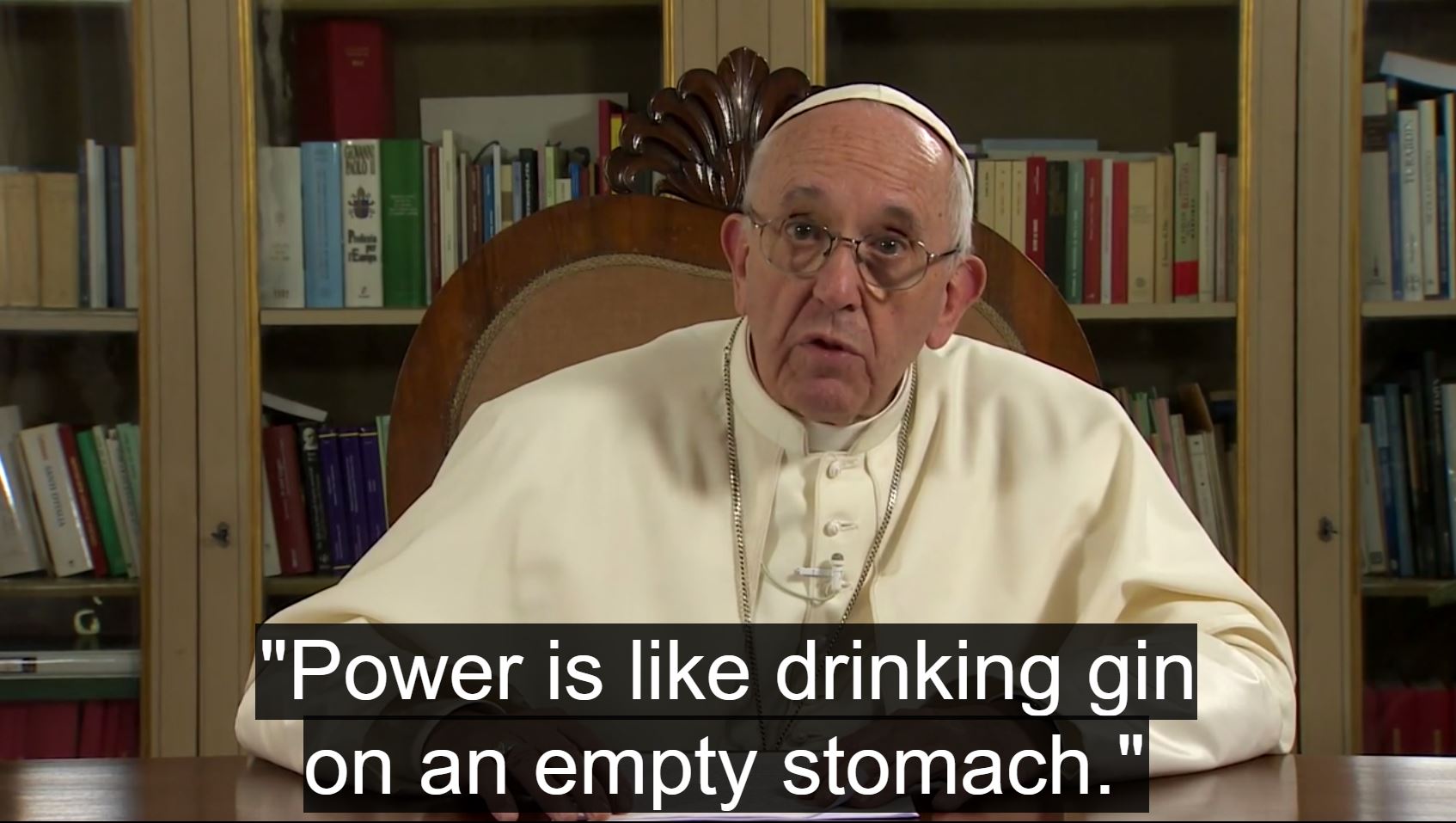
He said,
“Please, allow me to say it loud and clear: the more powerful you are, the more your actions will have an impact on people, the more responsible you are to act humbly. If you don’t, your power will ruin you, and you will ruin the other.”
The Pope used a metaphor to illustrate the consequence of having an imbalance of humility and resolve:
“There is a saying in Argentina: ‘Power is like drinking gin on an empty stomach.’ You feel dizzy, you get drunk, you lose your balance, and you will end up hurting yourself and those around you, if you don’t connect your power with humility. Through humility… power… becomes a service, a force for good.”
Humility Enables Empathy
Humility is what makes empathy possible.
Humility helps leaders to connect with others up, down, and across the chain of command; to build organizations and cultures that are more likely to thrive; to understand the perspectives of other stakeholders. The best leaders have a temperament that blends both power and humility that allows them to create a culture of accountability in all directions.
The end of 2017 revealed a powerful example of effective leadership as the tempering of power with humility. As covered by military.com, the Commandant of the United States Marine Corps, General Robert Neller, was addressing troops in Afghanistan just before Christmas.
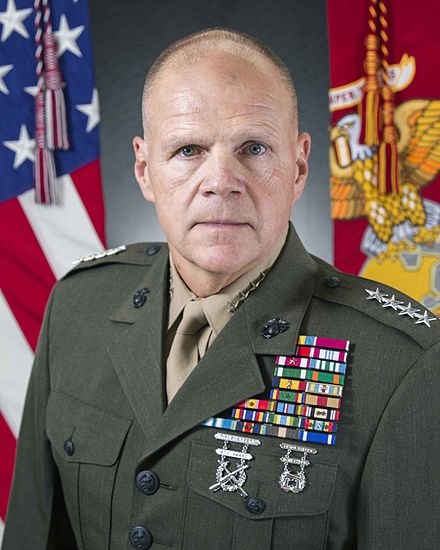
U.S. Marine Corps Commandant General Robert B. Neller
He told of the time as a one-star general commanding Marines in Iraq in 2006 he acted grinchy because he was away from his family at Christmas. He initially exhibited some testosterosis:
“It was was Camp Fallujah, it was cold, it was wet, rainy… I just got up in the morning… Overnight they had put up all the Christmas stuff, and Frosty the Snowman, and Santa Claus, Rudolf, and little trees and lights, and I’m like, [shouting] Who did this? Why are you doing this? I don’t want to be here for Christmas. And this is reminding me that I’m here. Take it all down!”
That could have been it. He was the boss, a general, addressing subordinate staff, in a war zone. But what happened next is remarkable. General Neller recounts,
“And this female sergeant, name escapes me, maybe 5 foot 1, stands up and says, ‘General, you need to knock that sh*t off. I don’t want to listen to any of that whiny sh*t. We’re here, it’s Christmas, we’re your family, you’re not going to be home, so suck it up… Sir!'”
General Neller was taken aback. He stood silently:
“And I kind of stood there [pause]… didn’t quite know what to say [pause]… looked at my boots [pause]… and I raised my head and said, ‘Yes, Ma’am, you are correct. I am sorry. This is my family for Christmas. And I will do my very best to have as good a Christmas as I can.'”
This expression of humility, this acknowledgement of his initial failure, this apology and acknowledgment of the rightness of the sergeant’s admonition, is an extraordinary demonstration of leadership. It is also remarkable that despite the disparity of rank and power the sergeant felt empowered to address him directly. General Neller had created an environment in which accountability in the form of such push-back was appropriate.
You can see General Neller tell this story here.
Humility as a Leadership Discipline
This ability to understand the perspectives of stakeholders is critical to being an effective leader and to getting through a crisis effectively.
Finally, humility recognizes that there’s a big difference between responsibility and blame; that taking responsibility regardless of where the blame may lay down the organization is a first step in getting people to focus on a solution rather than simply point fingers.
As we begin 2018, we can look for and notice examples of effective and ineffective leadership and crisis response. My prediction: Humility will mark the best leaders and the best handled crises.
Happy New Year!
Note: The principle of humility as a leadership discipline is covered more deeply in my latest book, The Agony of Decision: Mental Readiness and Leadership in a Crisis.










